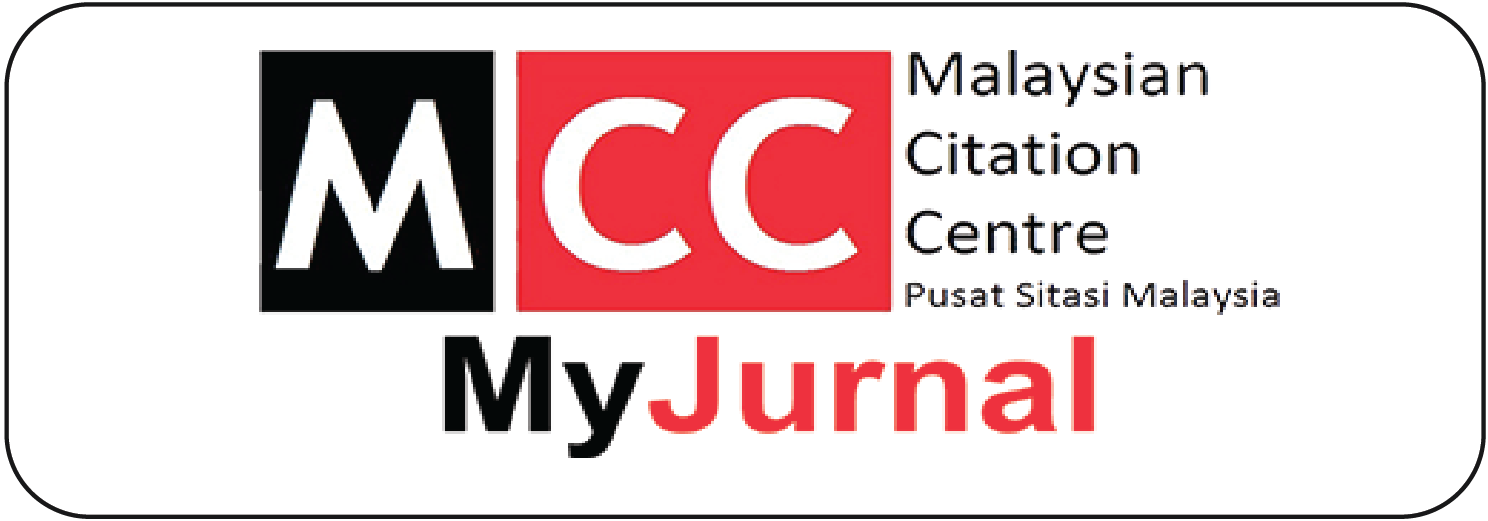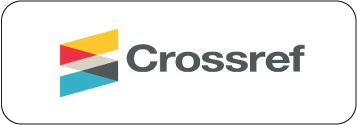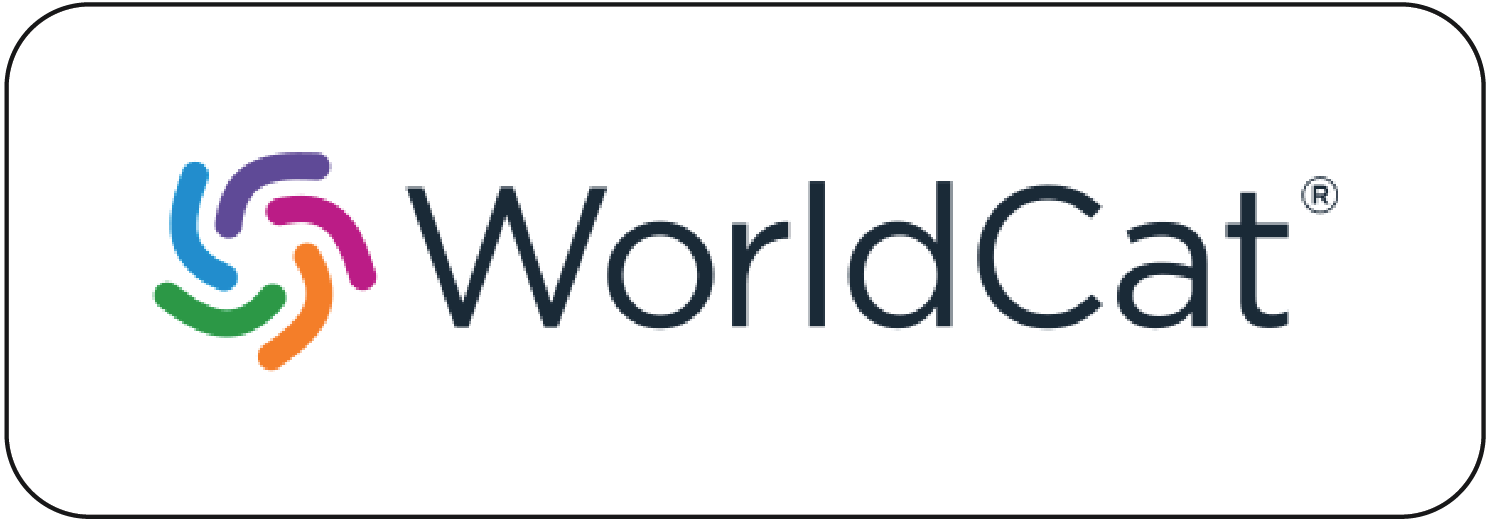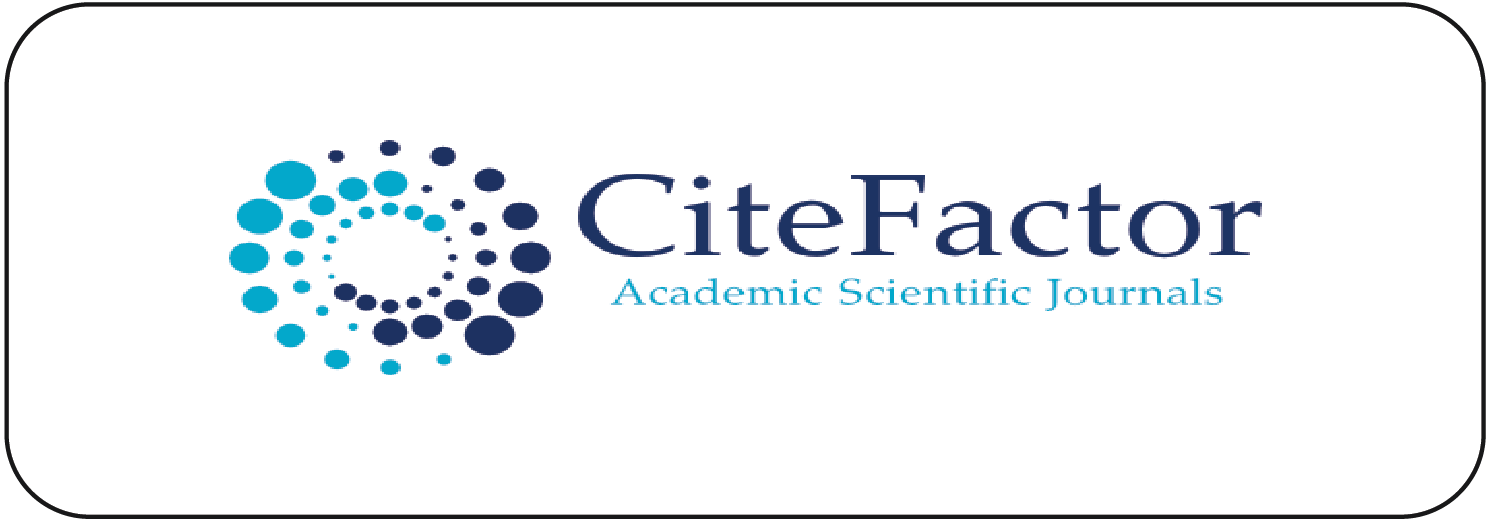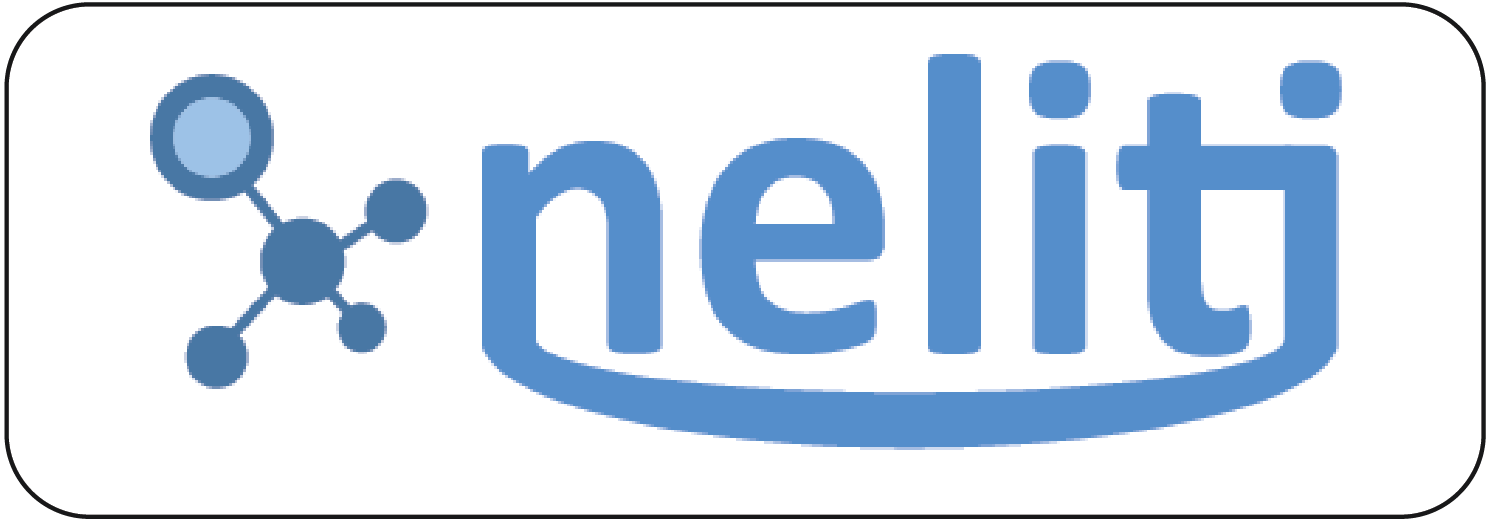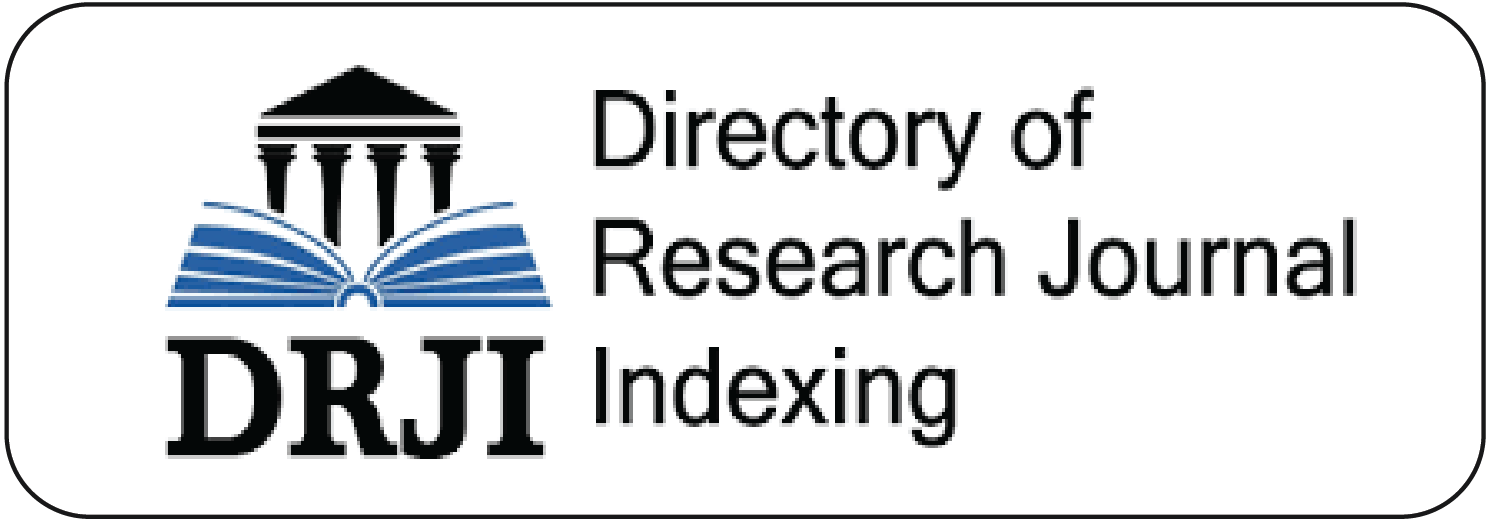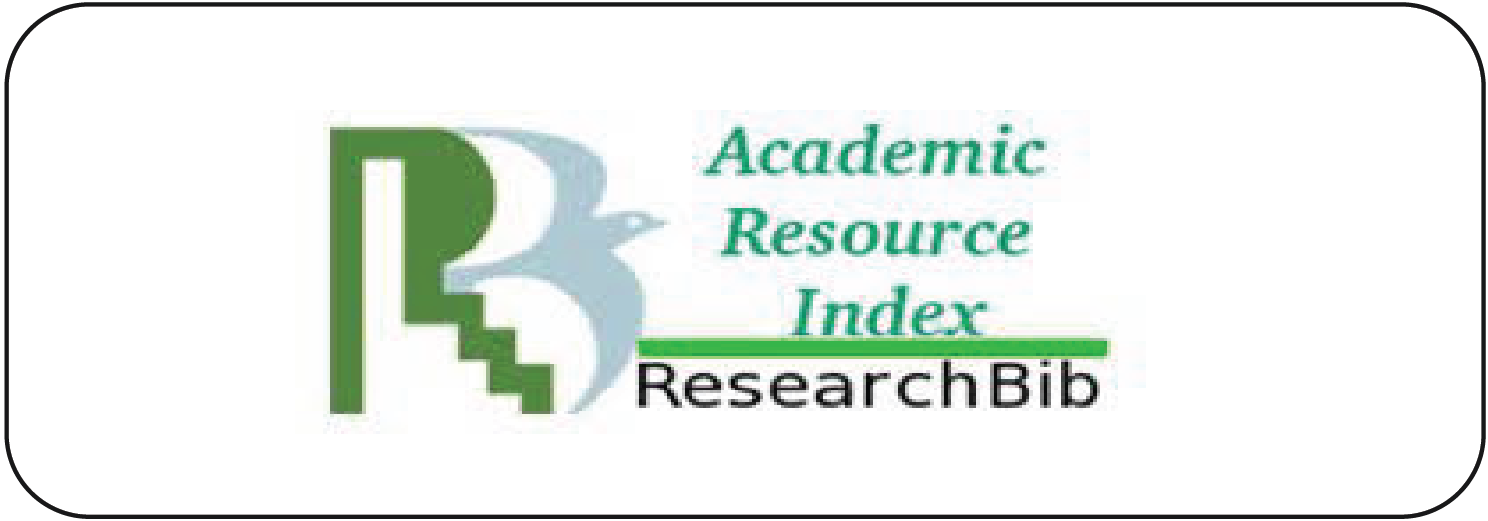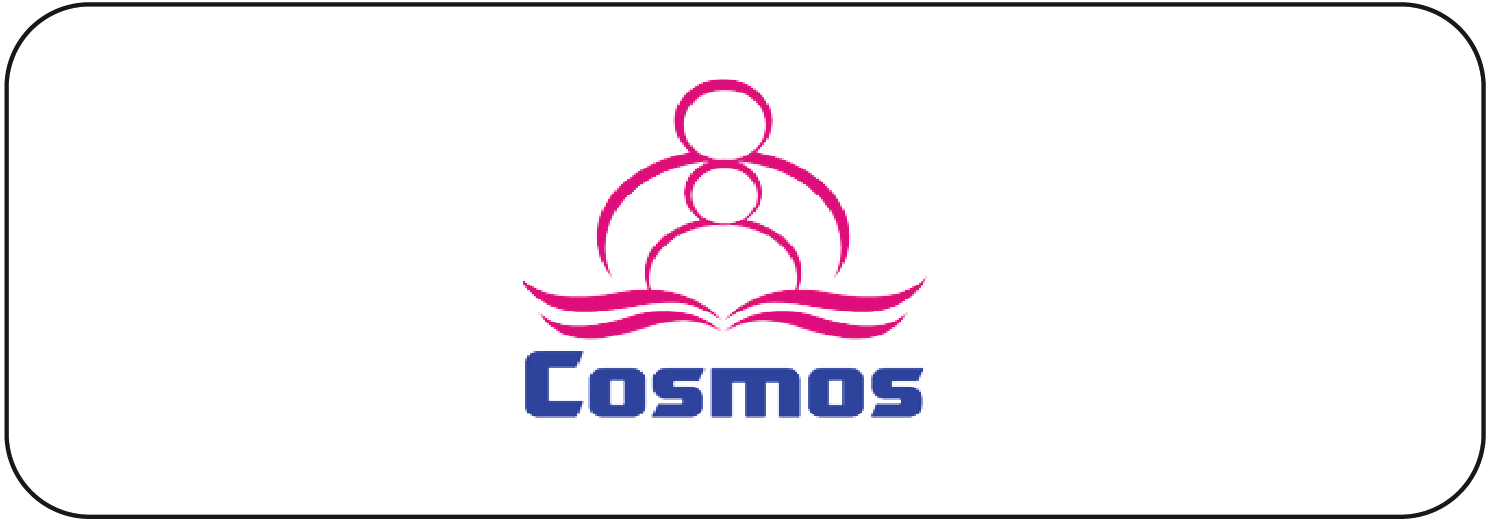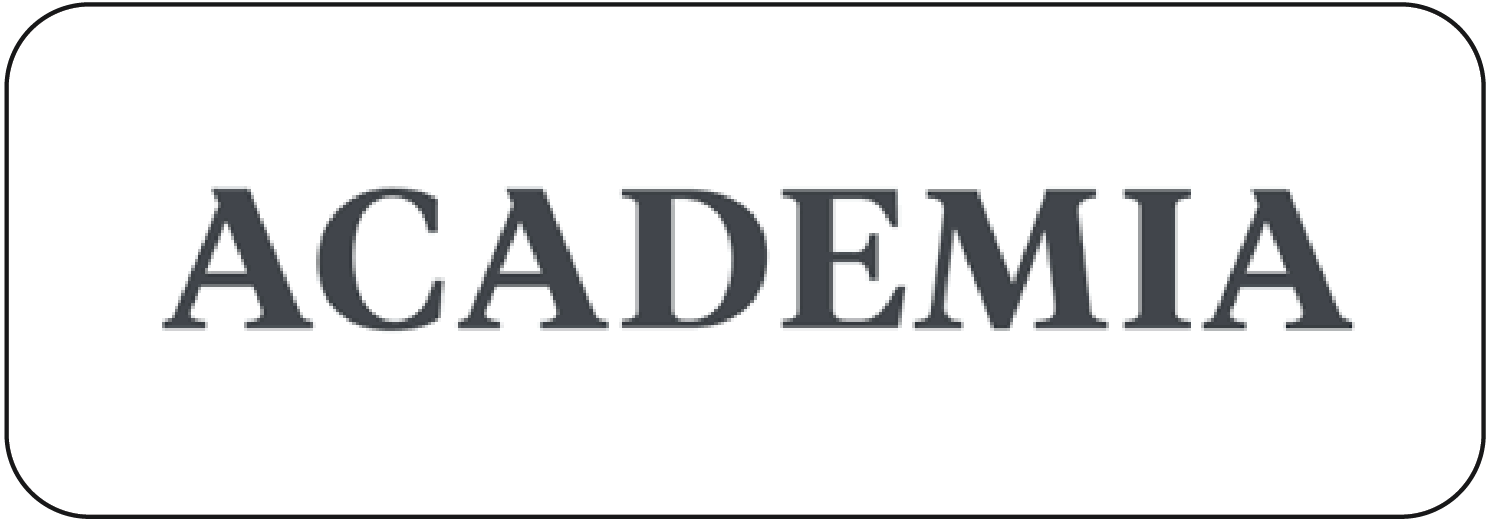Zakat Funding Solution In Community-Led Total Sanitation (CLTS) Approach For Clean Water And Proper Sanitation In Banten, Indonesia
DOI:
https://doi.org/10.51377/azjaf.vol2no1.43Keywords:
clean water, community-led total sanitation, funding, proper sanitation, zakatAbstract
Providing clean water and sanitation for developing countries presents its problems mainly related to people‘s unhealthy behavior and funding that needed to build clean water facilities and infrastructure. Various attempts were made by both the government and the private sector to provide proper sanitation, particularly for the poor. It also aims to give one of the most significant service delivery challenges related to poverty alleviation and sustainable living. This article presents new sanitation developments focused on community-led total sanitation (CLTS) approach and zakat as a funding solution. The researchers used the Miles and Huberman (1992) research model consisting of data reduction, data display, and verification. The result is LAZ Harfa with the CLTS approach could increase the number of houses with latrines by 40.19 percent in Banten from 2006 to 2019, also coaching schools in building 25 latrines, the number of beneficiaries increased significantly to 47,174 from 14,461 individuals. The article closes by arguing that zakat as possible alternative funding by seeing the potential that can improve the sustainability of sanitation service interventions.






